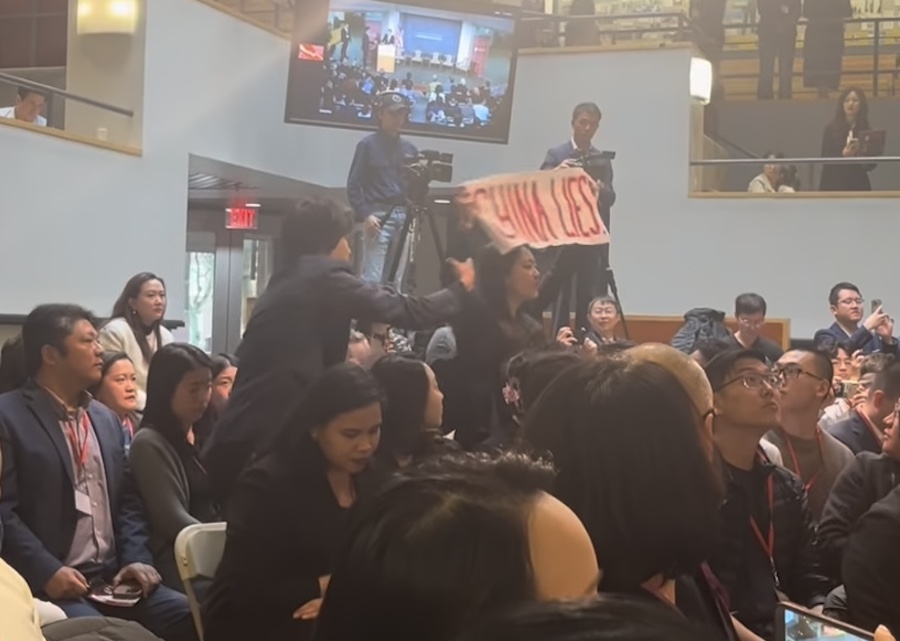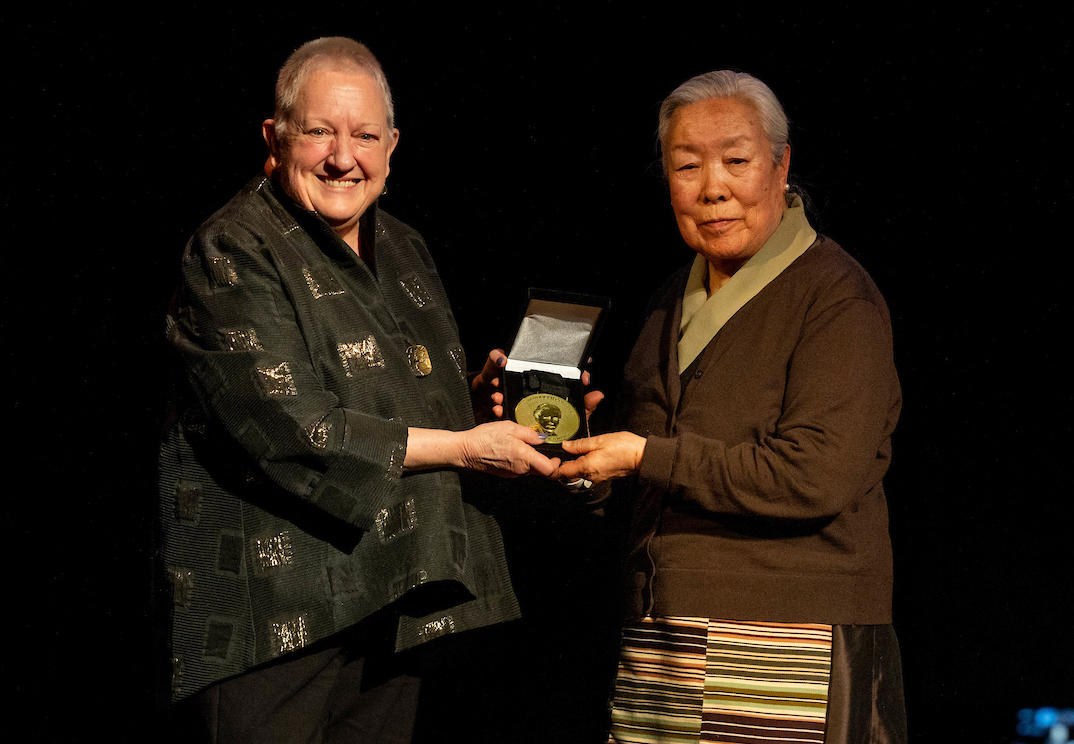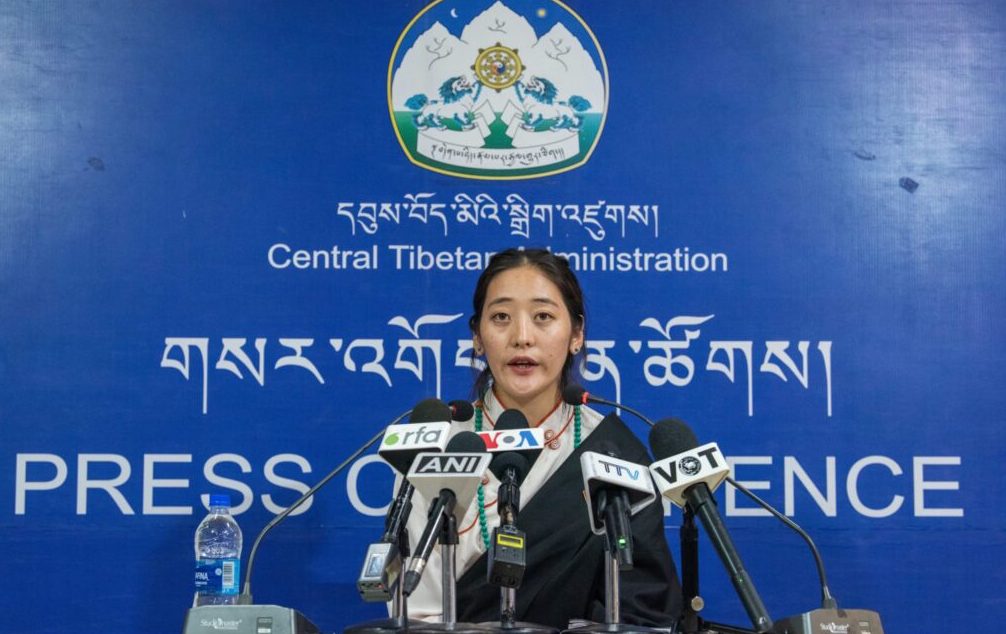By Choekyi Lhamo
DHARAMSHALA, July 8: The US State Department announced on Tuesday that Chinese government officials of the CCP responsible for keeping American citizens out of Tibet will be denied entry to the US under the Reciprocal Access to Tibet Act (RATA). Secretary Mike Pompeo said that the department has restricted visas for the Chinese authorities “substantially involved” in devising policies that keep Americans out of Tibet.
US Secretary Pompeo said, “The United States seeks fair, transparent, and reciprocal treatment from the People’s Republic of China for our citizens . . . We have taken several steps to further this goal. Unfortunately, Beijing has continued systematically to obstruct travel to the Tibetan Autonomous Region (TAR) and other Tibetan areas by U.S. diplomats and other officials, journalists, and tourists, while PRC officials and other citizens enjoy far greater access to the United States.”
RATA passed with unanimous support in both houses of Congress in 2018. It was introduced by Representatives Jim McGovern and Randy Haultgren in the House of Representatives and Senators Marco Rubio and Tammy Baldwin in the Senate. The US President Trump signed the bipartisan bill on December 19, 2018. The act came as a response to exclusion of US citizens from Tibet, making it one of the most important legislations to become law.
“Through this decision about sanctioning Chinese officials responsible for denying access to Tibet to Americans, the US is sending Beijing a clear message that it will face consequences for its human rights abuses and continued isolation of Tibet from the outside world,” said ICT President Matteo Mecacci. He further added that the US government is letting their citizens including Tibetan-Americans know that it will stand up for rights against China’s discrimination.
China’s government mouthpiece, Global Times, said on Wednesday, “China will impose visa restrictions on some US personnel who have behaved badly on Tibet-related affairs. Chinese Foreign Ministry said, following a statement by US Secretary of State Mike Pompeo that the US will restrict visas for some Chinese officials over Tibet.” Beijing has always maintained that Tibet is an internal matter of Tibet and any “foreign” interference will be opposed.
On Monday, a similar call for reciprocal access to Tibet was made by UK MP Tim Loughton. Member of Parliament and Co-chair of All-Party Parliamentary Group for Tibet, he presented the Ten Minute Rule Bill – Tibet (Reciprocal Access Bill) coinciding with the Dalai Lama’s 85th Birthday. It requires the Secretary of State to report annually on restrictions on access by UK nationals to Tibet in comparison with other regions of China to prevent persons involved in such restriction from entering the UK.











2 Responses
Sadly there are still many countries who still don’t want to upset China even though China has destroyed global economies not benefitted them .Right and wrong truth, , and human life still seems way down on the list of priorities for many
Love how easily Mike Pompeo triggers Global Times into apoplectic seizures.
Sanctioning specific CCP individuals responsible for such acts as gross violations of human rights, or those responsible for the Wuhan Virus, or because of Hong Kong, is definitely being discussed be it in America, Australia, UK, Canada. etc. But rather than individual nations initiating such actions, i feel that it would send a much stronger message (as well as being more of a deterrent), if the democratic loving international community jointly pass a law like the Magnitsky Act against those individuals in China.